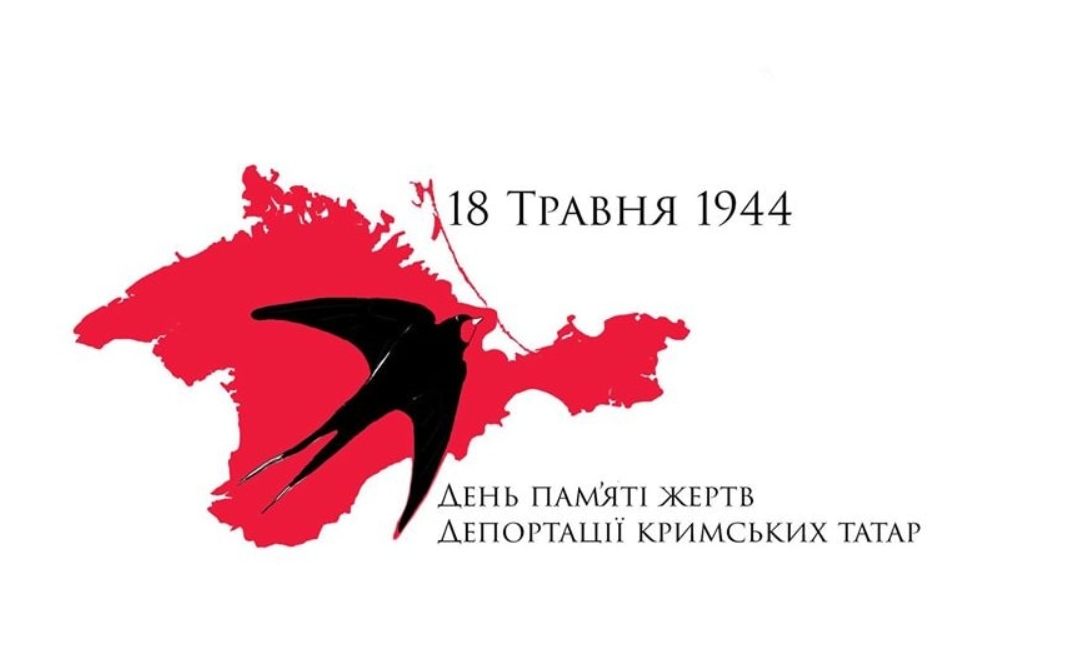Starting from the end of the 18th century, the instruments of deportation were used by Russian autocrats, in the 20th century - by the Soviet totalitarian government, and in our time - by Putin's racist regime. On May 18, 1944, the Kremlin committed its next crime – the deportation of the Crimean Tatars – one of the most striking examples of the crimes committed by the Soviet Union during World War II. The official version of the deportation is the accusation of the entire Crimean Tatar people in collaboration with Nazi Germany during World War II. The Soviet government accused the Crimean Tatars of mass desertion, switching to the side of German troops, etc.
After the “de-occupation” of Crimea in May 1944, a population census began, which considered the national composition of families and the amount of property to know where to go and who to deport. According to the secret resolution of the State Defense Committee “On the Crimean Tatars” of May 11, 1944, signed by J. Stalin, the deportation was to be completed by June 1, 1944. 23 thousand soldiers and officers of the NKVD, 9 thousand operatives of the NKVD and the People's Commissariat of State Security, 100 cars, 250 trucks, 67 echelons were involved in its implementation.
Almost simultaneously throughout Crimea on May 18, 1944, at 4 a.m., troikas led by sergeants, operatives, and officers broke into the homes of Crimean Tatars and announced: “In the name of the Soviet government, for treason to the Motherland, you are being evicted to other regions of the Soviet Union.” On average, 15 minutes were given for the assembly, but each senior group measured the time according to his own wishes. Some did not even have 15 minutes. People were transported by cars to the nearest railway station. About 200 thousand adults and children were loaded into cattle cars for two days on May 18–19, 1944, and deported. In a few days, Crimea was depopulated and orphaned. The people who had grown up on the Crimean land were uprooted. On May 20, 1944, Moscow was reported on the “cleansing” of Crimea from the Crimean Tatars.
On average, the journey into exile without food, water, or medical care lasted 2–3 weeks. More than 190,000 Crimeans were exiled in Uzbekistan, Kazakhstan, the Mari ASSR, Kemerovo, Sverdlovsk, Gorky, Molotov (now Perm), Ivanovo, and Yaroslavl regions of the RSFSR. When World War II ended, Crimean Tatars who served in the Red Army followed their families into exile. According to the National Movement of Crimean Tatars, during the period of deportation and the first years of exile, the Crimean Tatar people lost more than 46% of their total population.
The Verkhovna Rada of Ukraine, by its Resolution of November 12, 2015 “On Recognition of the Genocide of the Crimean Tatar People,” recognized the deportation of Crimean Tatars from Crimea as genocide of the Crimean Tatar people and established May 18 as the Day of Remembrance of the Victims of the Genocide of the Crimean Tatar People in Ukraine.
The communist regime of the USSR and later Russia purposefully spread the myth of the Crimean Tatars as traitors for decades. Since 2014, the occupying country has continued the crimes of the totalitarian Soviet regime against the Crimean Tatars: it commits repressions and persecutions, purposefully violates their rights as the indigenous people of Ukraine, illegally calls them up for military service, destroys cultural heritage, falsifies history, and militarizes public life.
Every year, on the third Sunday of May, Ukraine commemorates the millions of lives lost by the Soviet totalitarian regime. So, this year, May 18 marks another important day – the Day of Remembrance for Victims of Political Repression. After the large-scale Russian invasion, terror and political persecution became a terrifying reality for a huge number of Ukrainians, whose cities and villages were occupied by the aggressor’s troops. At the cost of immense effort and many lives, Ukraine is fighting not only to liberate its land from the Russian occupiers and restore sovereignty. It is fighting to ensure that Stalin’s methods of the Great Terror are not a tool of politics in the 21st century.
Iryna Piskareva
